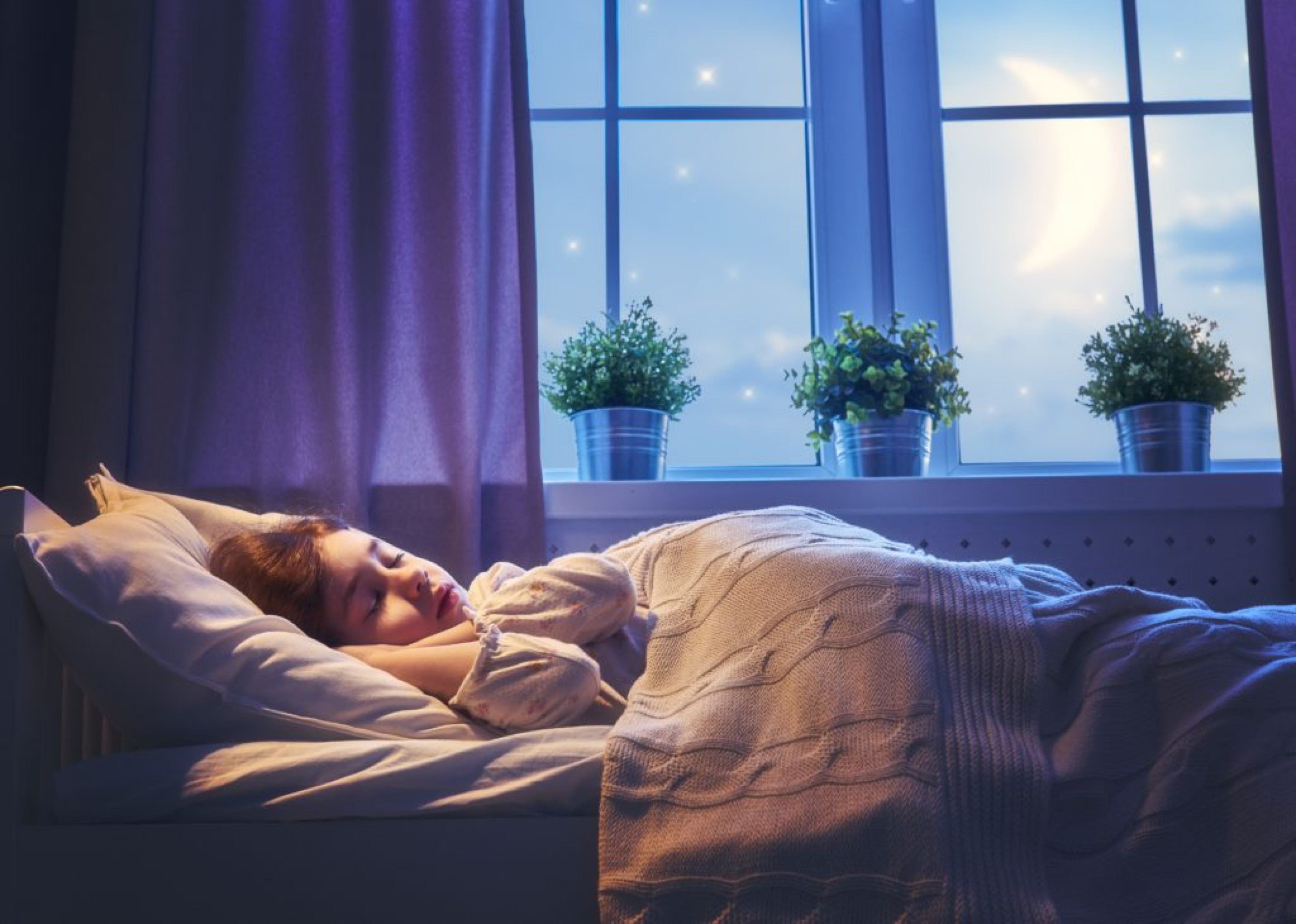Why Do Many Find They Sleep Better In A Cooler Bedroom?
Whatever time of the year, our bodies like it cool at night - if the temperature is too high, this can cause interruption to our sleep.
No one wants to suffer from sleep deprivation as, apart from meaning you cannot operate to your full capacity, it is said to be a leading cause of heart disease and obesity.
It is worthwhile on every level to try and get a good night's sleep every night.
Why is it better to sleep in a cool room?
- If your environment is too warm when you are trying to sleep, your body will attempt to regulate its temperature and you will waste precious energy, keeping you awake or meaning you struggle to fall into a deep enough sleep to allow a regular sleep cycle.
- A cooler room means you will fall asleep more quickly instead of tossing and turning. When your body temperature is properly regulated, you can fall asleep faster. This also creates less work for the body when it comes to cooling down your internal temperature, so you’ll be more relaxed and ready to slip into that deep sleep when the time comes.
- Deep sleep will be more restorative too, helping to banish sleep issues.
- Too warm, or of course freezing cold, temperatures can disrupt your REM (rapid eye movement) stage, which is a restorative phase of our sleep. Disruptions in this stage can result in grogginess and a sense of being tired even if you feel you got enough sleep. Such disruptions are detrimental to both our physical health and our reaction times.
- Sleep deprivation has been found to be a leading cause of vehicular and industrial accidents.
- Sleeping in temperatures between 60 to 66 degrees Fahrenheit (15 to 19 degrees Celsius) will allow your body to release more melatonin - the hormone that is anti-aging.
- Sleeping in a cooler room can decrease your risk for certain metabolic diseases such as diabetes. A recent study determined that sleeping in such a cooler room helped to burn more calories while awake.
- Cooler temperatures actually trigger your body to sleep, while hotter temps do the opposite so you are more likely to stay awake.
- For females, sleeping in a cooler room is healthier for the vagina, making it less likely that any yeast infection will develop.
- Less stress and depression is likely when you have a more relaxing night's sleep.

How to keep cooler at night when temperatures are higher
Here are our top tips!
- Sleep naked. It will be cooler for you and healthier too, enabling your skin to breathe more and sweat less.
- Freeze your sheet or pillowcases. If the weather is really hot, this can be a very helpful cooling mechanism.
- Use a fan. Not environmentally ideal but can be really necessary in hot, humid weather to get your bedroom to an optimum sleeping temperature.
- Stick your feet out. This is an excellent way to release excess heat and help lower your body temperature whatever the time of year.
- Invest in more suitable bedding. When made from cotton rather than polyester, bedding breathes better.
- Layers can help. If you layer your bed (just like your clothing), it will be easier to maintain your body temperature. You can remove layers through the night easily as necessary. I find that having a top sheet with a winter weight or summer weight duvet on top works well for me. Easy to throw off the duvet if I need to. And I don't have to keep washing the duvet cover either as it is protected by the sheet below!
It is said that 60 to 66 degrees Fahrenheit (or 15 to 19 degrees Celsius) is the optimum when it comes to getting the perfect night’s rest and sleep.
You can curb insomnia, weight gain, depression and even diabetes simply by sleeping in a cooler room!
And add a few drops of Sleep Aid on the back of your neck or your pillow at night at bedtime to help you to drift off into hours of restful sleep.
SOURCES:
New Study Says 7 Hours of Sleep Is Ideal Middle Age (prevention.com)
WomensHealth.gov. http://womenshealth.gov/publications/our-publications/fact-sheet/insomnia.html. (Accessed, Feb 11, 2021).
http://www.nami.org/Learn-More/Mental-Health-Conditions/Related-Conditions/Sleep-Disorders. (Accessed, Feb 11, 2021).




